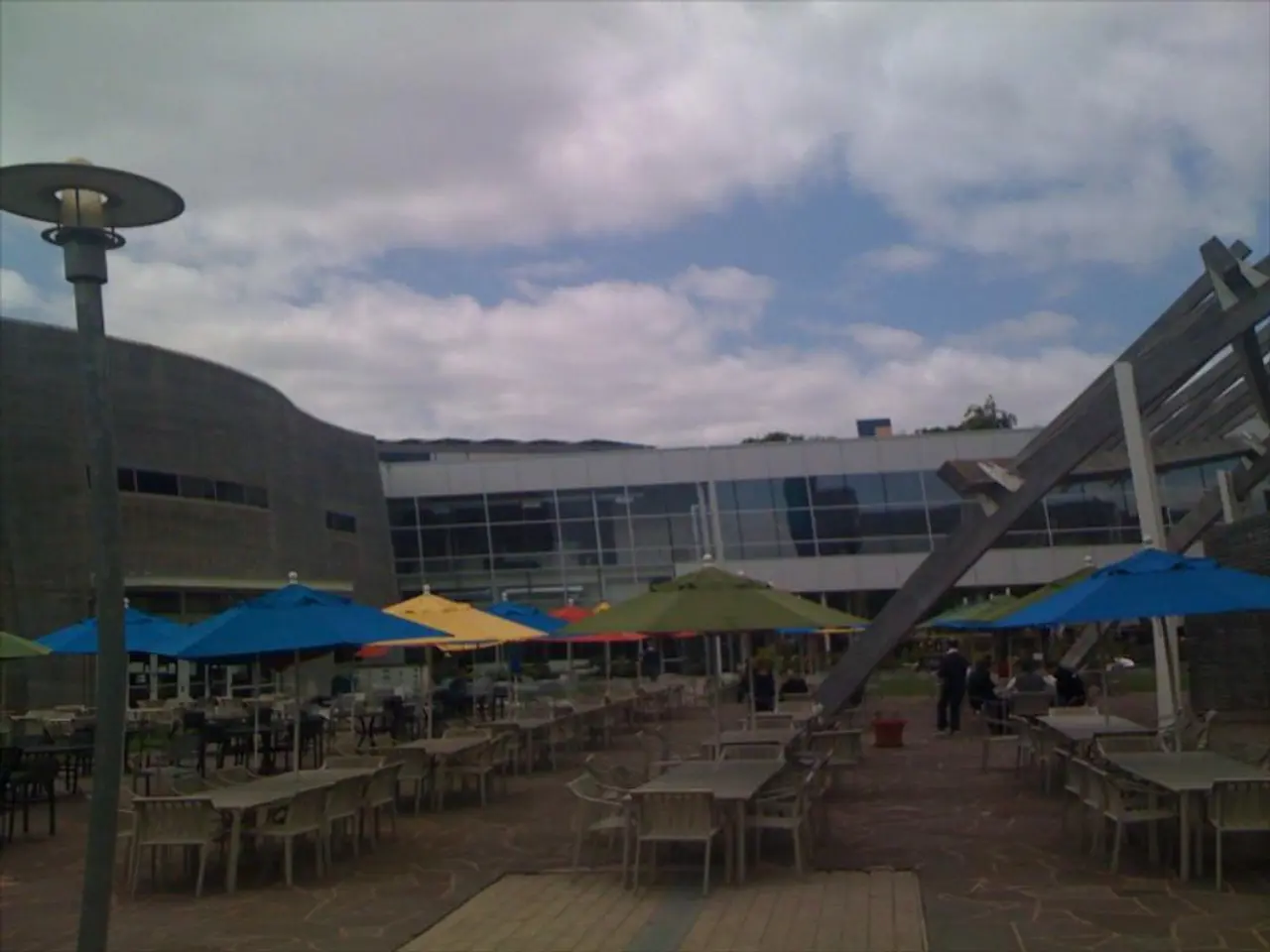South Africa Faces Transitional Risks with COVID-19, Basis for Climate Adaptation Testing
South Africa's tourism industry, a significant source of jobs and economic growth, is currently facing unprecedented challenges due to the impacts of climate change and the COVID-19 pandemic.
Analysts are warning the private sector to start planning for the risks associated with climate change, including both the impacts of a changing climate and 'transition risks'. The crisis caused by the pandemic has already shown the vulnerability of the tourism sector to a world where international luxury or non-essential air travel may no longer be possible, either through economic decline or restrictions on non-essential forms of carbon polluting transport.
Sabine Lehmann, an independent visitor attraction specialist, references four possible future scenarios for South African tourism: business-as-usual continuation, collapse, discipline, and transformation. The 'business-as-usual' growth for tourism is unlikely, and collapse is a 'real possibility' due to international travel throttling down and local tourism spend getting hit.
The tourism industry in South Africa, including tour operators, guest houses, hotels, and freelance tour guides, has been severely affected. Many businesses have reduced their staff by as much as 50 percent, and some have shut their businesses indefinitely. The industry's economic contribution to the country is substantial, with tourism contributing 8.6 percent to South Africa's total economy and employing 1.5 million people, or 9.2 percent of the country's total employment, according to the World Travel and Tourism Council (WTTC).
The South African government views tourism as a key driver of economic growth, with hopes to double international visitor arrivals by 2030, aiming for 21 million. However, the impacts of climate change won't just be environmental and health-related, but also economic, similar to the shocks experienced during the COVID-19 pandemic.
The tourism sector is heavily dependent on international visitors, with each R1 spent by a domestic tourist being matched by R3 spent by an international tourist. The crisis caused by the pandemic has seen international travel come to a halt, with cancellations and postponements of visits to South Africa.
The next decade is expected to see a dramatic increase in ambition to keep global heating below the Paris target of 2°C warming or lower. Governments and privately owned industries will be held to these targets and will be required to aim for radical emissions reductions across different sectors. The South African climate negotiating team will attend the UN climate summit in Glasgow, Scotland in 2021, where they will be required to show actionable plans for meeting carbon pollution reduction targets as per the UN Paris Agreement.
A 'business with new rules' scenario is also possible, where the industry builds remote and online conferencing businesses, leans on domestic or regional travel, day-tripping, and local spending potential. This could potentially mitigate some of the economic impacts of the pandemic and climate change on the tourism sector.
However, the full extent of the impacts of climate change on South Africa's tourism sector remains uncertain, as specific numerical figures or data regarding possible futures for the South African tourism sector are not available from the University of Hawai'i's Center for Futures Studies' 2014 alternative scenarios.
In conclusion, the challenges facing South Africa's tourism sector are significant and multifaceted, requiring a comprehensive and strategic response from all stakeholders. The pandemic has highlighted the vulnerability of the industry to external shocks, and the need for the sector to adapt and evolve in order to remain resilient in the face of future challenges. The South African government, private sector, and civil society must work together to develop and implement strategies that ensure the long-term sustainability and success of the tourism industry.







